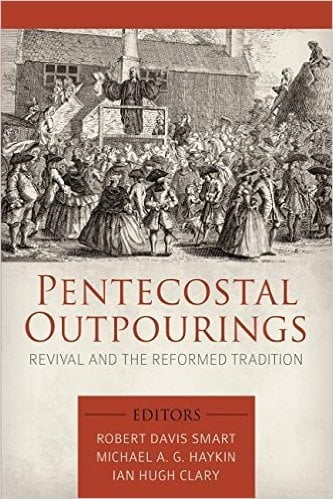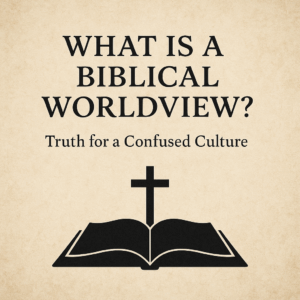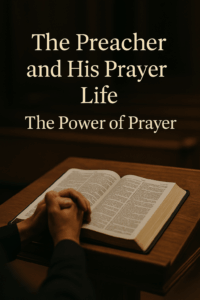⏱️ Estimated Reading Time: 3 min read
When it comes to the Reformed tradition, one of the words that normally causes us to tense up is “revival.” Maybe it’s because we have had bad experiences theologically with revivals. In my rural Southern Baptist upbringing, “revivals” were scheduled events in which powerful, sensational preaching and worship were aimed to bring about mass conversions. Motivations for these revivals varied by the congregation, but regardless, the idea of facilitating and manufacturing a time for the Holy Spirit to win souls always leaves a bad taste in the mouth of the Reformed. Folks a part of this tradition have gone too far, however, in denouncing revival altogether. We have mistaken “revivalism” for “revival,” but as time has gone on we haven’t seen the importance for this distinction, and thus have discredited any and all inklings of revival taking place.
This is bad practice. “Revival” is actually a very good and important thing, a reality by which the Spirit manifests itself sometimes to bring about the obedience of faith. We only need to look backwards to see the instrumental role that revival has played in not only building the Church in Acts 2 but how Reformed theology has been spread and solidified by the working of revival throughout church history. As Pentecostal Outpourings demonstrates, seeing the history of revival in the Reformed church should not only put to rest our condemnation of it but should propel us into seeking revival ourselves in the present day and age.
Pentecostal Outpourings is a collection of essays that spans denominations of all kinds, from Presbyterian to Baptist to Dutch Reformed to Methodists, and spans even geographical lines, from America to the British Isles, particularly Wales, Scotland, and Ireland. Contributors, despite their many differences, are all united in the pursuit of genuine revival among the church of Christ, all in agreement with Andrew Fuller’s famous call for revival in response to Jonathan Edwards (256-57). The narrative, through and through, is from a historical perspective. There are important biographical and historical details that help us see the progression of church growth through revival from the Reformation on. This many-angled approach to this topic only helps to solidify its argument, that this should be the attitude of the whole Church, that the whole Church can and will benefit when the Spirit brings genuine revival, as it has before.
One of the things I really enjoyed about this book is how it highlighted some often-neglected, but important preachers and theologians from ages ago. Men like Andrew Fuller and Archibald Alexander are not too obscure, but still often neglected in studies of church history and theology today. Men such as John Sutcliff and Asahel Nettleton are virtually unknown, but these men and more played crucial roles in the periods of revivals in their particular locations and congregations. It is encouraging, certainly, to see the Holy Spirit use the efforts of theological “superstars” like Jonathan Edwards and George Whitefield, but doubly encouraging to see its movement in church bodies of lesser-known pastors as well.
If you’d like to learn more about how revival has played a key role in building the Reformed church, this is an excellent book to turn to. It is tough to read a lot of history at once (in my opinion), so I encourage you to take it slow. Most importantly, let’s use the example set before by folks from our tradition centuries ago to help us see the need for seeking revival in our churches today.




